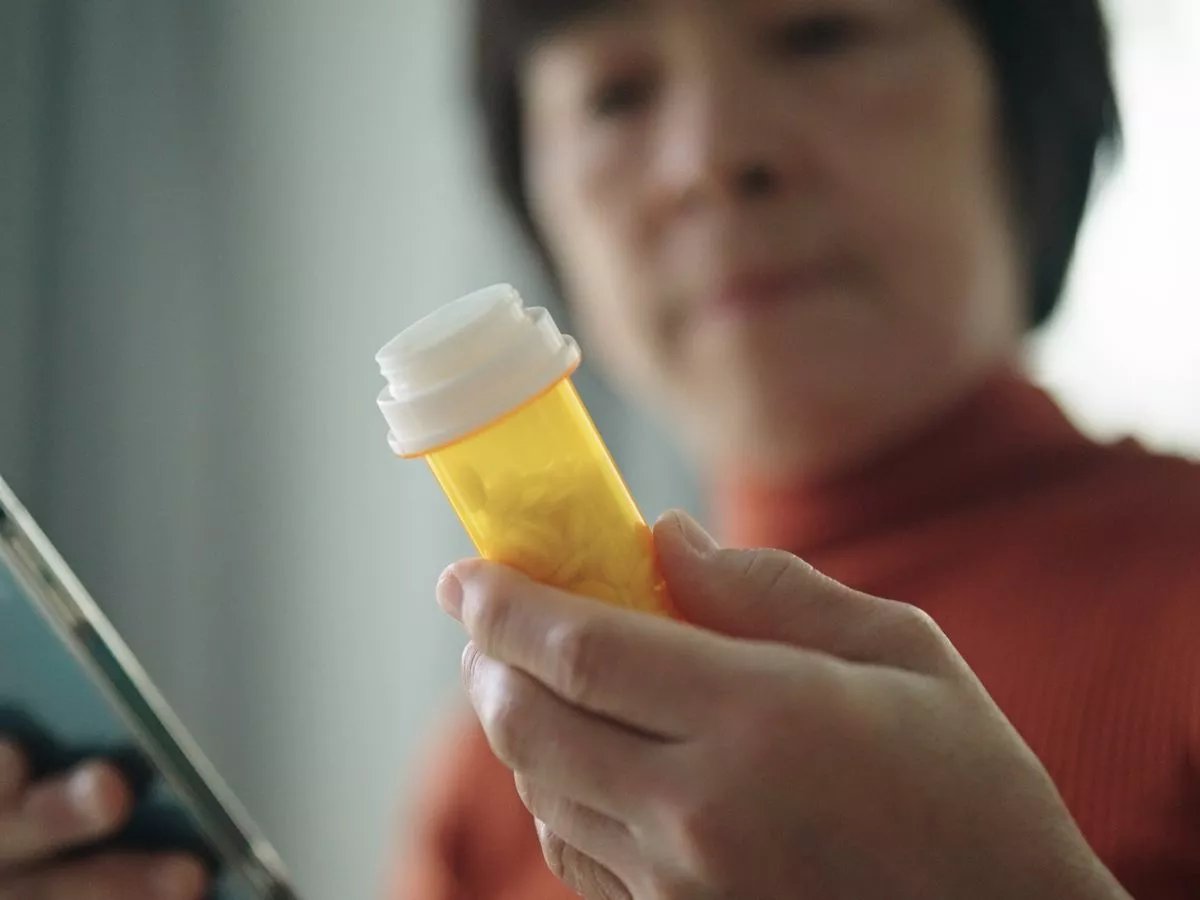By Charlotte Smith,Maria Ortega,Rachel Cronin
Copyright dailyrecord

A doctor is warning anyone who takes a common type of medication commonly used for heartburn. In the UK, omeprazole is a popular drug that works as a proton pump inhibitor (PPI). It is often used to manage problems such as acid reflux and stomach ulcers. Millions of NHS prescriptions for the drug are given out each year. It is seen by many as an essential medication for patients dealing with acid-related stomach problems, reports the Mirror. But with so many people taking omeprazole, a doctor has issued a word of warning to anyone taking it. Dr Ana Pérez Ballesta, a family doctor with a master’s degree in Emergency Medicine, says taking the medication for the sake of it can be doing more harm than good. She said: “If you take it unnecessarily, it can hinder the absorption of calcium , magnesium, and vitamin B12” The doctor warns that she believes use of the common drug has spread beyond its intended use. She says many people use it as a “stomach protector” against heavy meals, alcohol , or the occasional intake of certain medications. However, the health expert warns that this habit can cause side effects when continued for years without medical supervision. She says that omeprazole and other similar drugs, such as esomeprazole, pantoprazole, lansoprazole, and rabeprazole, belong to the group of proton pump inhibitors (PPIs). “They reduce stomach acid and are useful, but not always,” she said. “They are indicated for reflux or esophagitis, gastric or duodenal ulcers, Helicobacter pylori eradication, and chronic treatment with anti-inflammatory drugs if there is a high risk of gastrointestinal bleeding.” The problem arises when it’s taken as a preventative measure without a clear clinical cause. According to Dr Ballesta, “to avoid heartburn before a heavy meal or every time you’re prescribed an antibiotic or anti-inflammatory on a one-off basis” shouldn’t be a reason to consume it. She also noted that it has been linked to small intestinal bacterial overgrowth, also known as SIBO. Dr Ballesta emphasised that in her practice, she has seen numerous patients who had been taking omeprazole for more than a decade without a clear justification. “In my practice, I have seen many people who have been taking it for 10 or 15 years without really knowing why, some of them already suffering from osteoporosis, anaemia that doesn’t respond to certain treatments, or digestive problems for which we can’t find another cause.” Using omeprazole for a long time can raise the chances of developing some health problems, such as deficiencies in vitamins and minerals, broken bones, and kidney issues. Although omeprazole is usually safe for short-term use, the risks associated with long-term use are worrying, especially for older adults. The drugs can increase the chances of contracting a serious bacterial infection called Clostridioides difficile (C. diff), which can cause severe diarrhoea. Numerous studies indicate a connection between omeprazole and long-term side effects, but these are observational. This means they can show relationships without conclusively proving that the medication is the direct cause. It’s important to discuss with a doctor whether to keep using it long-term, as they can help evaluate the benefits compared to the possible risks based on your personal health requirements. The doctor is reminding people who take omeprazole that while it is a useful and effective drug when properly prescribed, it should not be used routinely or preventively without a doctor’s recommendation. “Prolonged self-medication with this type of inhibitor can lead to complications that far outweigh the supposed benefits of taking it just in case,” she said. A statement on the NHS website reads: “Do not take omeprazole for longer than two weeks if you bought it without a prescription.” It adds: “See a GP if your symptoms get worse or do not get better.”



